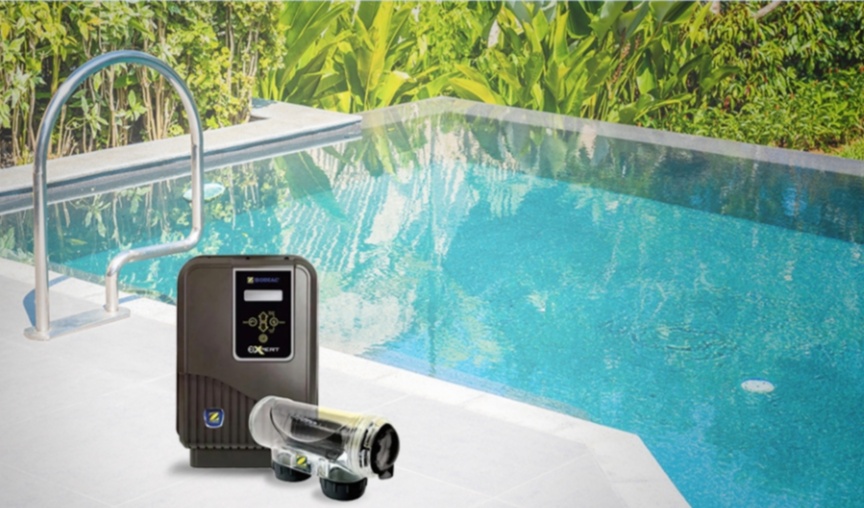
A salt chlorinator cell is an essential part of the equipment of any saltwater pool. It changes salt into chlorine to ensure the water is not contaminated in your pool. Without proper care, the cell’s performance declines, reducing the water quality. This way it provides better water and at the same time has a lower maintenance frequency. This guide will demonstrate maximising water efficiency to enjoy softer, healthier water.
Understanding How Salt Chlorinator Cells Work
Saltwater chlorinator cells employ the process of electrolysis to manufacture chlorine from salt. The process cleans your pool to remove any bacteria and algae. Eventually, calcium and debris can accumulate and can decline the performance. Regular maintenance helps the cell function optimally and makes sure that the cell operates effectively. Knowing this may enable one to avoid problems before they arise. Appreciating this will help check your pool and make sure the water is neither harsh on the skin nor contaminated.
The Importance of Regular Cleaning
Daily maintenance reduces calcium deposits, which is a frequent occurrence with the chlorinator cells. Scaling can significantly limit the extension of the electrodes and hence affect the production of chlorine. Use a cleaning solution designed for salt cells to remove calcium buildup. One should always use equipment according to the manufacturer’s recommendations. Cleaning also helps enhance the efficiency of the cell; at the same time, it is also effective in increasing the longevity of the cell. Keeping the cell clean is an investment in the health of your pool.
Monitoring Salt Levels for Optimal Performance
Salt levels play a vital role in the effectiveness of your chlorinator cell. Excessive concentration leads to corrosion, while lower concentration hampers the formation of chlorine. A pool testing kit should be used in an attempt to check the levels of salt regularly. Do not take them beyond the amounts recommended by the manufacturers. Maintaining proper salt levels ensures the cell works efficiently. This also minimises other pool equipment from wear and tear.
Checking and Replacing Worn Electrodes
Saltwater chlorinator cell electrodes are necessary to carry out the electrolysis task. They can deteriorate over time, possibly affecting the process of production of chlorine. Inspect the electrodes periodically for signs of wear or damage. If necessary, go for chlorinator cell replacement to have optimum performance. Neglecting worn electrodes can lead to poor water quality. Your pool needs to be safe and inviting, and thus the reason why you should take a proactive attitude towards the safety of your pool.
Investing in a High-Quality System
When it comes to the pool salt chlorinator system, there are high variations between the models. Better-quality cells have higher lifespans and functionality. Find products with long-lasting parts. While premium cells may cost more upfront, they save money in the long run. They do not replace as frequently and take less effort in the aspect of maintenance. Investing in quality delivers healthier water for your pool.
Using Compatible Pool Chemicals
Some of the chemicals used in water will determine the durability of the chlorinator cell. Avoid harsh chemicals that may corrode the electrodes. Use materials that are made with saltwater swimming pools in mind. Make sure to use compatible chemicals that keep the cell safe and improve the function of the cell. They help retain pool water that is as clear as crystal and also comfortably warm.
Scheduling Professional Inspections
Although you can do some maintenance on your own, checking a pool is best done by professionals. Experts can identify issues you might overlook. Experts can provide advanced cleaning and repair services if needed. This is why you need to schedule annual checks to ensure your chlorinator system is in top shape. Professional care complements your efforts, ensuring optimal performance. This ensures that you have a well-maintained pool and no worries.
Conclusion
Your salt chlorinator cell is a critical asset of your pool system. It is an assurance of getting clean, safe, and comfortable water at appropriate places with proper care. Maintenance, supervision, and professional checkups increase the lifespan of the cell. Investing time and effort in its upkeep protects your investment. A well-maintained cell improves your pool experiences over several years.




